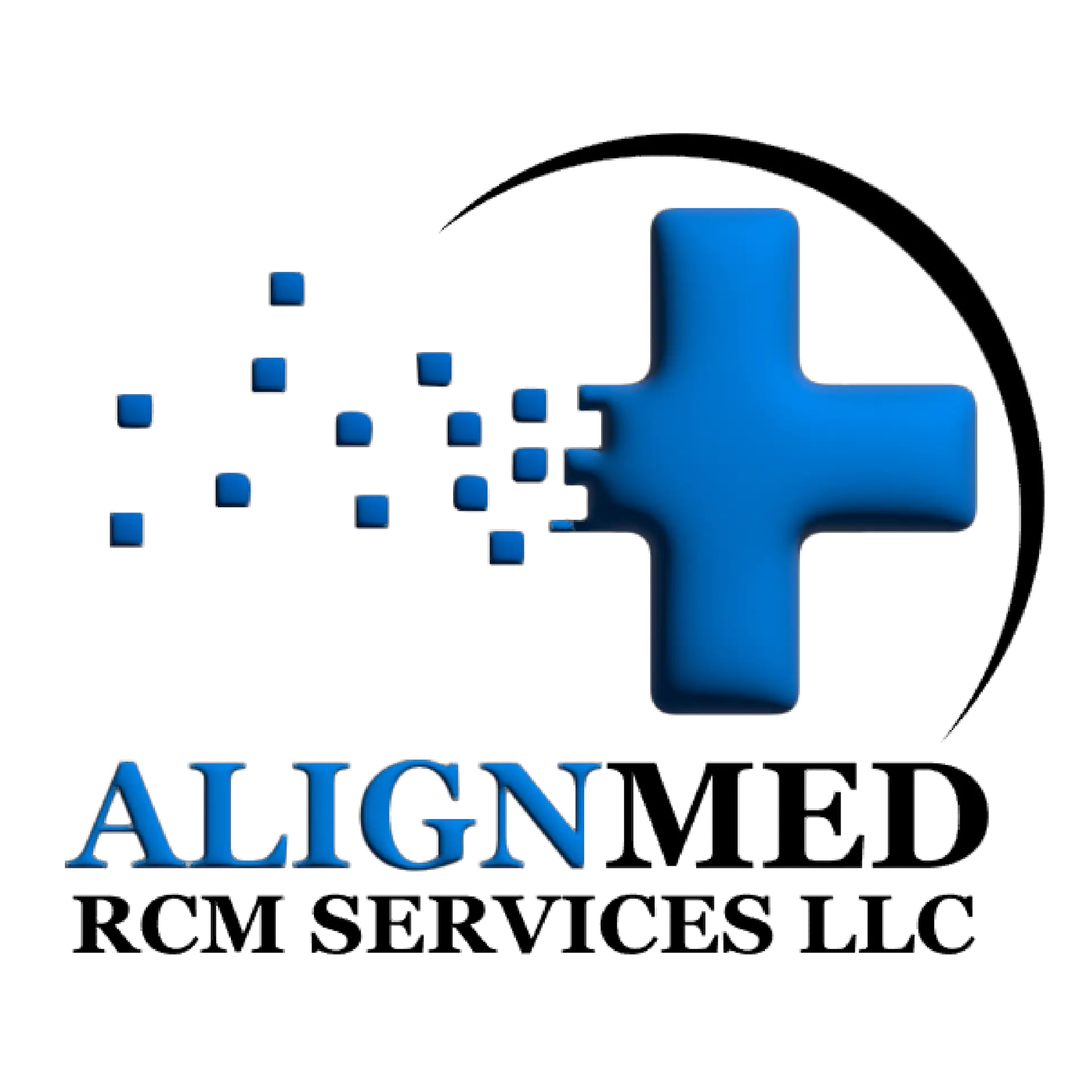Provider Credentialing and Enrollment: A Gateway to Healthcare Success
The journey to becoming a recognized healthcare provider involves more than just medical expertise. Provider credentialing and enrollment play a vital role in ensuring that medical professionals are authorized to deliver care and receive reimbursements. Without proper credentialing, providers may face delays, denied claims, or even legal complications.

Few things you should know:
- Credentialing Validates Qualifications: It verifies education, training, licensure, and certifications before a provider can practice.
- Enrollment Connects Providers to Payers:It allows providers to participate in insurance networks and bill for services.
- Delays Can Impact Revenue: A small error in credentialing or enrollment can cause claim denials and reimbursement delays.
- Compliance is Key: Proper credentialing ensures adherence to state and federal regulations, reducing legal risks.
- Ongoing Maintenance is Required: Credentialing isn’t a one-time process; providers must renew and update their credentials regularly.
As healthcare systems evolve, provider credentialing and enrollment processes are becoming more streamlined, automated, and data-driven. The integration of technology is transforming how providers get credentialed and enrolled, making these processes more efficient.
— AlignMed RCM Services
Few Trends That Will Define the Future of Provider Credentialing and Enrollment
As healthcare systems evolve, provider credentialing and enrollment processes are becoming more streamlined, automated, and data-driven. The integration of technology is transforming how providers get credentialed and enrolled, making these processes more efficient.
Few Things To Know:
- Digital Credentialing Platforms: AI and blockchain-based systems are reducing manual verification errors.
- Faster Enrollment Processes: Automation is cutting down processing times, reducing delays in provider payments.
- Telemedicine Provider Credentialing: The rise of telehealth has increased the demand for multi-state credentialing.
- Increased Regulatory Scrutiny: Compliance requirements are getting stricter, making accuracy more important than ever.
- EHR and Payer Integration: Credentialing data is being linked directly to electronic health records (EHRs) and payer systems for real-time updates.
Provider credentialing and enrollment are critical for healthcare professionals looking to establish themselves in the industry. Staying ahead of evolving trends ensures a smooth process, minimizes claim rejections, and maximizes revenue potential.

